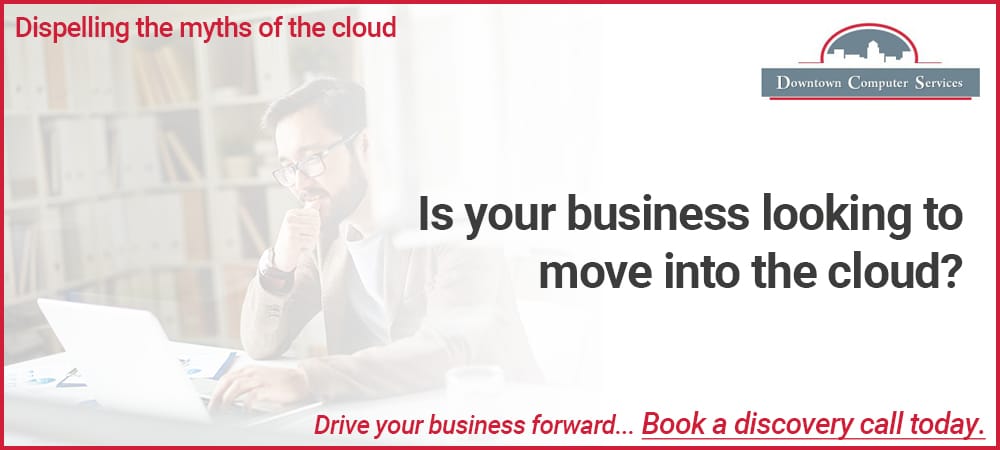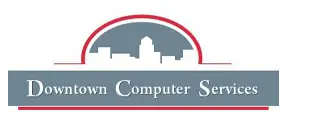
30 Jul Does Teams Work Make the Dreams Work? Or Does it Create Information Governance and Compliance Nightmares?
Does Teams Work Make the Dreams Work? Or Does it Create Information Governance and Compliance Nightmares?
The boom in usage of collaboration apps has been a hot topic in recent months, as the use of those apps has shifted to hyperdrive since the pandemic began.
But the usage of Microsoft Teams may have increased most of all over that time as Teams is both a collaboration app and a web conferencing app. Many organizations have quickly embraced Teams as part of their increased usage of Microsoft 365.
But, just as M365 may have limitations from an eDiscovery standpoint, using Teams may generate concerns from a compliance standpoint.
The Teams Usage Boom
According to the Osterman Research white paper Archiving and Data Protection with Microsoft Teams (sponsored by IPRO and available here), daily active users of Teams rose from 13 million in July 2019 to 115 million in October 2020. That’s nearly a nine-fold increase in just 15 months!
Have we seen a similar rise in law firms? You bet.
According to the ILTA 2020 Technology Survey (available here), out of 470 firms surveyed, 49% used Microsoft Teams for collaboration (compared to only 10% in 2018 and 20% in 2019). That rises to 77% for the largest firms (700 attorneys or more).
Even in 2020 and the need for remote collaboration, the usage of Slack (6% of respondents) and Zoom (2% of respondents) pales in comparison to Teams usage among law firms.
Legal and Compliance Considerations with Microsoft Teams
Were legal and compliance professionals at the forefront of the decision to adopt Microsoft Teams? Not so much. According to the Osterman Research white paper referenced above, in a survey of 142 respondents, compliance professionals and legal staff were two of the three least influential organizational groups in the decision to adopt Microsoft Teams. And here are just three of the considerations and concerns illustrated by the white paper:
27% of respondents said one or more employees used Microsoft Teams to attempt to circumvent compliance requirements.
Given that certain content in Microsoft Teams is excluded from the search results of an eDiscovery search in Microsoft 365 even if full native archiving and retention capabilities are used, nearly half of respondents (48%) are highly concerned that source files and documents are excluded from those search results.
Users of Microsoft Teams are requesting capabilities (such as deleting private chat threads and moving conversations to different channels) that conflict with the compliance requirements governing the use of Teams.
Unless all users are perpetually on legal hold, edits to messages in Teams chat and channels are invisible in compliance searches.
When keeping up with the “alphabet soup” of compliance in organizations today (such as GDPR, CCPA, HIPAA, etc.), the usage of Teams may be great for collaboration, but not so great for eDiscovery, archiving and compliance. Big surprise, right? Solutions like Microsoft Teams are great at generating information to support business needs, not so great at protecting or archiving that information for compliance and other needs. That’s not the primary purpose for which they were designed.
Conclusion
Most organizations have archival needs that extend beyond a single application or product suite (even if they are users of M365, Teams and the full Microsoft suite). Many organizations use multiple collaboration apps (this survey found that 91% of businesses use at least two messaging apps and Slack and Microsoft Teams were present in 66% of the organizations surveyed).
Even if Microsoft Teams was great at archiving and compliance, it would only be part of the solution. You would still need an archiving solution for other collaboration apps used with the organization.
So, it’s best to deploy an enterprise-wide solution designed for archiving and compliance across a wide variety of data sources. Teams work only makes the dreams work in collaboration, not archiving and compliance.
Your Cloud service provider – Downtown
Our team of experts enable companies to enjoy the advanced opportunities offered by Cloud technologies. Our Cloud solutions include offsite data backup, data sync services, Hosted Exchange, and Office 365. Those same experts will work alongside you to be sure we not only implement the best technological solutions to improve the way you work but also ensure it is as straightforward as possible. You and your team will be educated throughout the entire process and be confident that your systems are secure at all times.
Contact us now to find out how we can help you.
Source: https://www.jdsupra.com

